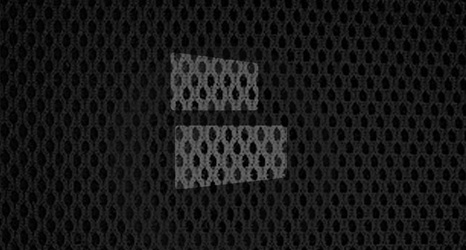For decades, we’ve been trained to believe that live sporting events must be broadcast a certain way. Namely, that they should be called and analyzed by an overwhelmingly white, almost exclusively male cadre of voices.
They’re mostly measured, but they dutifully get excited at the “proper” moments. Many have been dreaming for the job for years, telling stories of muting their television as children to call games in their own home. They create catchphrases and offer their thoughts, repeating what coaches and one or two players told them in a pre-game production meeting. Some are good, some are bland.
